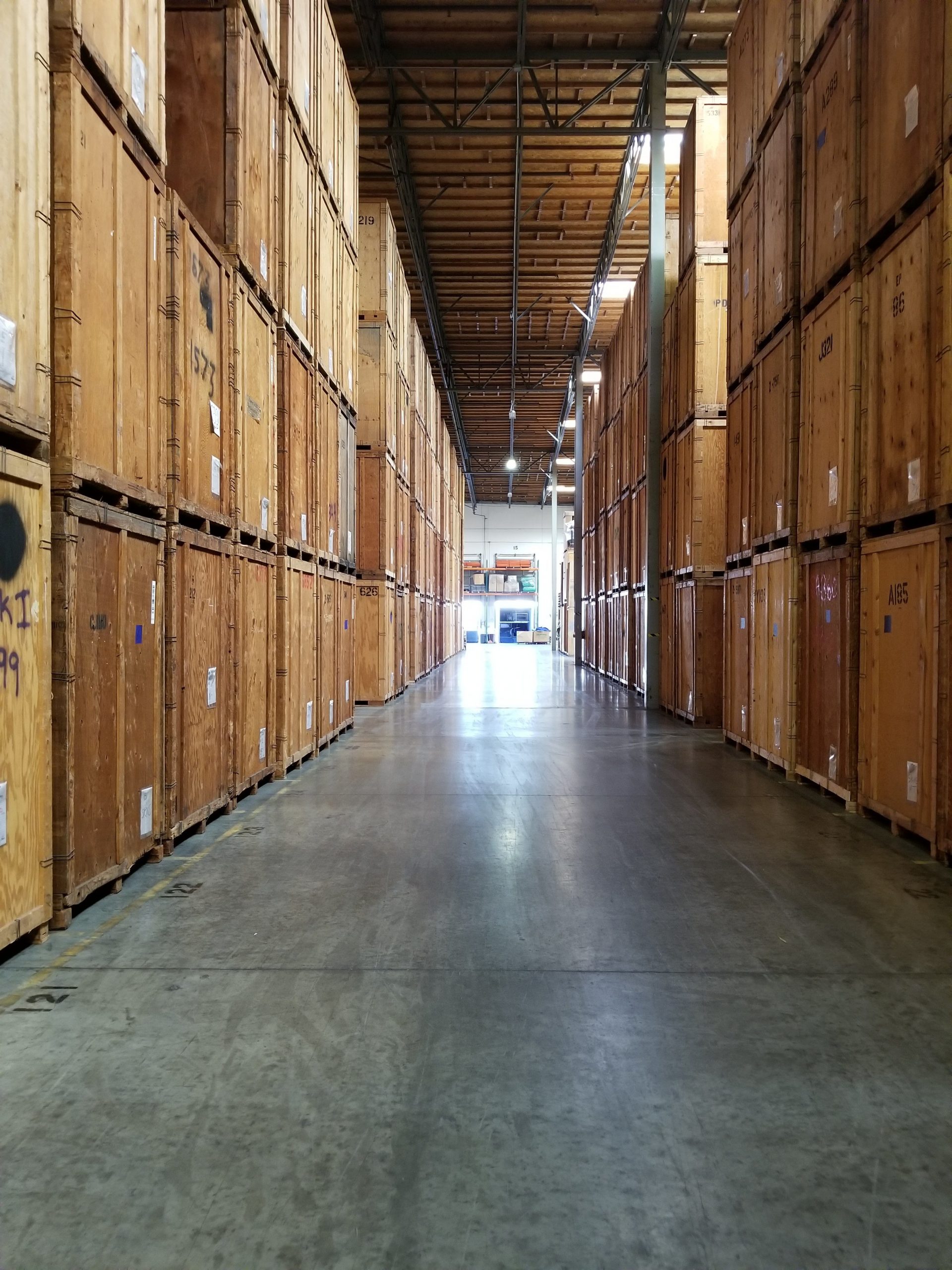Don’t let your storage experience take away the magic of music. Choosing long-term storage for your instruments is an excellent option that allows you to safely and secure your prized possessions. However, not all storage facilities or storage containers are created equal. Finding the best storage that provides a favorable environment that doesn’t decrease the value of your instrument is key to the overall experience you have while storing your items. So, whether you’re placing audio equipment, antique instruments or your entire studio in a storage unit, there are some things to consider before renting just any old unit.
Consider Climate Control Storage Units
The first thing you need to consider when storing your instruments in storage in whether or not you need climate control. These types of units allow you to control the environment, temperature and moisture levels of your unit to maintain optimal storing conditions.
For instruments, climate-controlled units are highly recommended as most musical devices are sensitive to environmental elements, such as intense fluctuations in cold and hot temperatures, humidity and dust. The wrong temperature can cause tubas, cymbals and French horns to expand, and the slightest bit of moisture can warp and dry out all types of wood instruments, such as guitars, pianos, and violins. Dust buildup can deteriorate the surfaces of your instruments while also diminishing their ability to function properly. So, always consider climate controlled when storing any type of musical instrument. Otherwise, you’re taking quite a big risk as any instruments kept in poor environments will likely result in damages.
Properly Prepare your Instruments for Storage
You can rent the cleanest climate controlled storage unit but if you put your instruments in there when they’re dirty, you risk damage to your prized possessions. Absolutely everything being put into storage, instruments, drum and piano seats, studio room separators, furniture, décor, electronics, etc. must be thoroughly cleaned before placing them in storage. Any dirt, dust or debris left on your items can deteriorate the surface when placed in storage long-term.
Take the time to give all of your instruments a good wash and let them dry fully before adding a protective layer to them, such as plastic wrap or furniture blankets and moving them to your storage unit.
Be Familiar with the Specifics
You’ve scrubbed down your tuba and have dusted your drum set; you’re ready to place your instruments in storage. Before doing so, it’s highly recommended to research the different preparation processes needed for different musical instruments. Certain materials are easier to prepare than others, and some require some extra attention. As a general breakdown, here’s a general breakdown on storing each instrument:
- Wood instruments should be cleaned and conditioned with a non-alcohol and non-oil wax paste that’s specially formulated for wood instruments
- Brass instruments should be cleaned and polished
- Stringed instruments should have all of the stringers relaxed and covered with a clean cotton cloth, even if placed inside their cases
- Leather instruments, such as drums, should have oil applied to them to keep the skin from shrinking, cracking and drying out
Practice Proper Storing
Now that your instruments are properly prepared for storage, it’s time to sharpen up on your storage skills. As a general rule of thumb, prized possessions and valuables, such as musical instruments, should be stored in their cases, off of the ground and away from other items that may damage them if something were to fall or shift in your unit.
Opt for Full Valuation
Moving and storage companies have to provide valuation coverage of some sort. Though, not all coverages protect your items fully. So, depending on the value of your instruments, you may want to opt for full-coverage that covers the full value of your items. Doing so will also give you peace of mind.
With these proper steps to storing your instruments, a quick tune-up is all they’ll need. BMS Moving & Storage has a vast array of storage options available – from vault storage to cage storage, pallet storage and more. Speak with a specialist today to explore your options.






